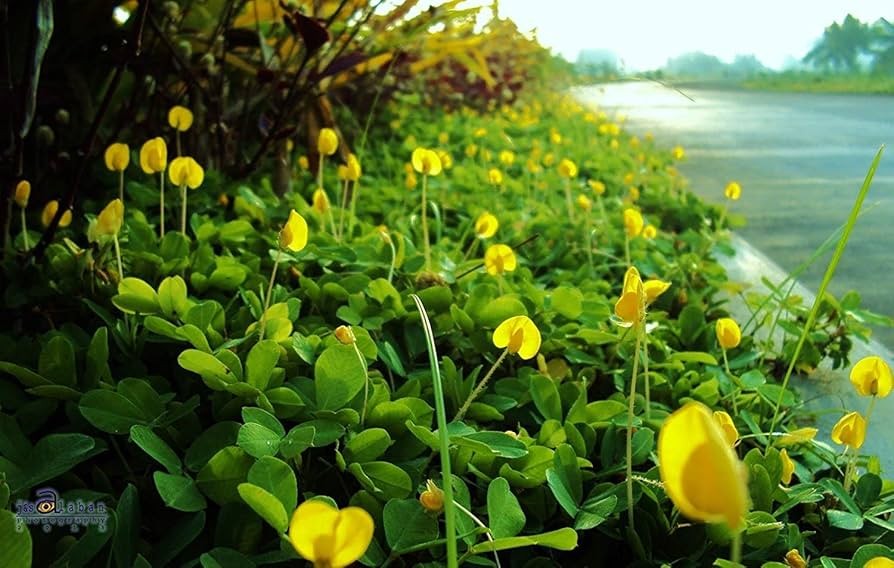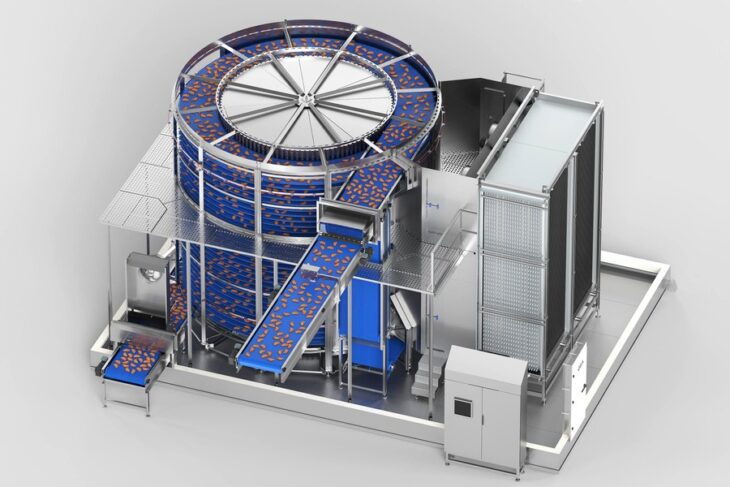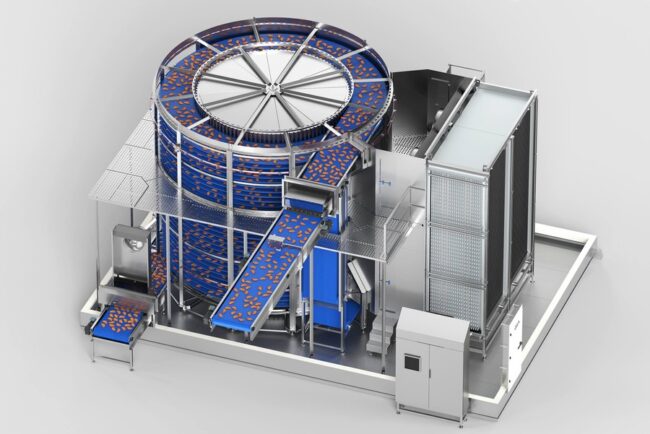
When envisioning a lush, green landscape, the typical thought might lean towards traditional grasses. However, a new player is gaining traction in the eco-friendly gardening community: Perennial Peanut. This versatile and sustainable ground cover is transforming gardens across the US.
What is Perennial Peanut?
Perennial Peanut (Arachis glabrata) is a low-maintenance, resilient ground cover that is gaining popularity for its ability to thrive in a variety of conditions. Unlike its cousin, the common peanut plant grown for its edible seeds, Perennial Peanut is not cultivated for food but for its aesthetic and ecological benefits. This ground cover forms a dense mat of greenery adorned with small, vibrant yellow flowers, providing both visual appeal and functional ground coverage.
Why Choose Perennial Peanut?
Eco-Friendly Solution
Perennial Peanut is a sustainable choice for those looking to reduce their environmental footprint. It requires minimal water once established, making it ideal for drought-prone areas. Additionally, it doesn’t need frequent mowing, reducing greenhouse gas emissions from lawn maintenance equipment.
Soil Health Improvement
One of the standout features of Perennial Peanut is its ability to improve soil health. It acts as a natural nitrogen fixer, enriching the soil with essential nutrients.
Erosion Control
Perennial Peanut’s dense root system is excellent for controlling soil erosion. It stabilizes the soil, making it a perfect choice for slopes and areas prone to washouts. This makes it not only a beautiful addition to your landscape but also a practical one.
Pest and Weed Resistance
This hardy ground cover is known for its resistance to pests and weeds. Its dense foliage smothers weed growth, reducing the need for chemical herbicides. Moreover, it is rarely affected by pests, ensuring your garden remains vibrant and healthy without the need for harmful pesticides.
Applications of Perennial Peanut
Lawns and Gardens
Perennial Peanut can replace traditional lawns, offering a lush, green carpet that is soft underfoot and visually appealing. Its vibrant yellow flowers add a splash of color, creating a picturesque setting for any garden.
Ornamental Uses
In addition to being functional, Perennial Peanut is also ornamental. Its bright flowers and lush foliage add aesthetic value to any landscape design.
How to Establish Perennial Peanut in Your Landscape
Planting
Perennial Peanut can be planted using sod, plugs, or rhizomes. Space the plants about 12 inches apart to allow for rapid coverage.
Watering
Once established, Perennial Peanut requires minimal watering, making it a drought-tolerant option.
Maintenance
Perennial Peanut requires minimal maintenance. Mow it occasionally to encourage dense growth and to maintain a tidy appearance.
Council Growers Sod: Your Source for Perennial Peanut
Council Growers Sod is committed to providing high-quality, eco-friendly ground cover solutions. Our Perennial Peanut sod is cultivated with care, ensuring that you receive the healthiest, most robust plants for your landscape. We offer comprehensive guidance on planting and maintenance, ensuring that your Perennial Peanut ground cover thrives and enhances your garden’s beauty and sustainability.
Transform Your Landscape Today
If you’re ready to transform your landscape with the eco-friendly, low-maintenance beauty of Perennial Peanut, Council Growers Sod is here to help. Visit our website at Council Growers Sod to learn more about our products and services.
Conclusion
Perennial Peanut is more than just a ground cover; it’s a sustainable solution that enhances the beauty and health of your landscape. With its numerous benefits, from soil enrichment to erosion control, it’s no wonder that more and more gardeners are choosing Perennial Peanut. Council Growers Sod is proud to offer this eco-friendly option, helping you create a greener, more sustainable garden.
Embrace the future of sustainable landscaping with Perennial Peanut from Council Growers Sod. Your garden will thank you.














